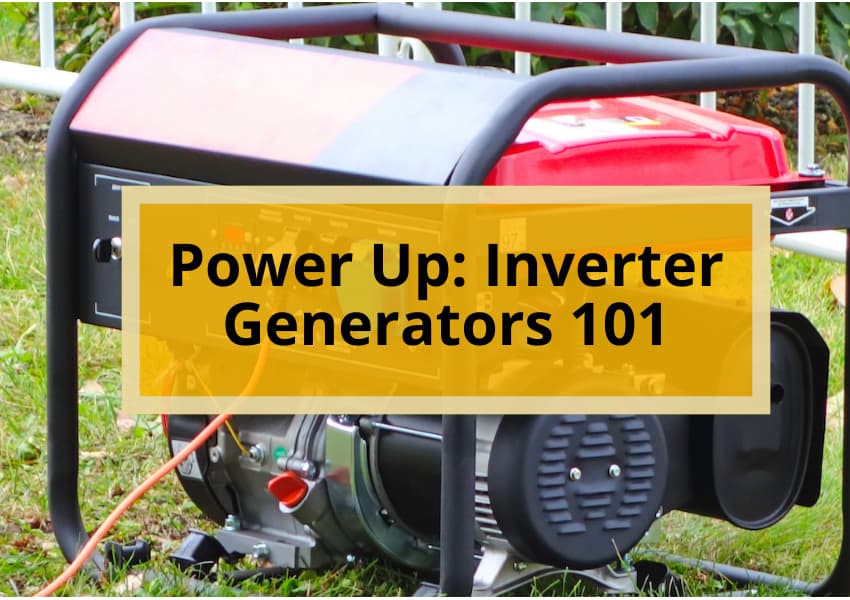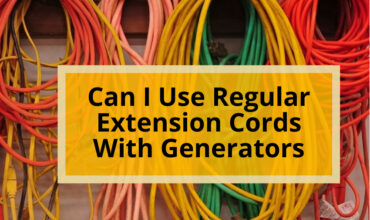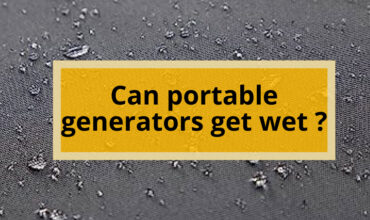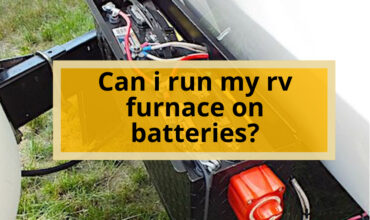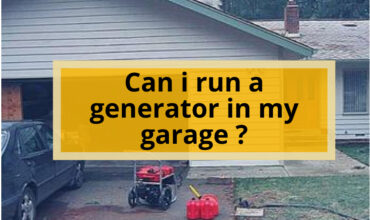Inverter generators have become increasingly popular among those who require portable and efficient power. These generators use advanced technology to produce clean and stable electricity while being smaller and lighter than traditional generators.
This article will provide an in-depth overview of inverter generators, exploring their pros and cons, how they work, and important safety precautions to keep in mind.
First, we will discuss what inverter generators are, including their unique features and benefits. Then, we will delve into the advantages and disadvantages of using inverter generators, including their energy efficiency, environmental impact, and noise levels.
Finally, we will provide important safety tips for using inverter generators, such as maintaining proper ventilation and avoiding excessive loads. By the end of this article, readers will have a comprehensive understanding of inverter generators and be equipped with the knowledge necessary to use them safely and effectively.

What are inverter generators?
Inverter generators are a type of generator that differs from traditional generators in several ways. One of the main differences is their use of technology advancements to produce clean, stable electricity. Unlike traditional generators, inverter generators are smaller, lighter, and more efficient. They adjust engine speed in response to electrical load, resulting in less noise and more efficient operation. This makes them more suitable for camping, outdoor activities, backup power, and special events where quietness and portability are essential.
Efficiency vs. capacity is another key difference between inverter generators and traditional generators. Inverter generators prioritize fuel efficiency, quietness, and the ability to power sensitive electronics over higher wattage capacity safely. This means they have a limited wattage range and are unsuitable for all situations. However, they typically offer longer run times and produce cleaner power than standard generators.
The technology advancements in inverter generators also make them ideal for parallel connection with other generators, providing even more power and flexibility.
also read: Power Up Anywhere With A Portable Generator
Advantages and disadvantages
One potential benefit of utilizing inverter generators is their ability to produce clean, stable electricity. This is achieved through advanced technology that converts the raw power produced by the generator into a more refined form suitable for powering sensitive electronics.
Inverter generators are also smaller, lighter, and more efficient than traditional generators, making them ideal for outdoor activities, camping, backup power, and special events.
However, there are also some drawbacks to using inverter generators. One of the main disadvantages is their higher cost than other generator types. Inverter generators are generally more expensive due to the advanced technology that produces clean, stable electricity. Additionally, they have a limited wattage range, which may not be suitable for all situations.
Despite these drawbacks, inverter generators are still popular for those who prioritize fuel efficiency, quietness, portability, and the ability to power sensitive electronics safely. A performance comparison between inverter generators and other types of generators may help individuals determine which type of generator is best suited for their needs.
Pros and cons of inverter generators should be carefully considered before purchasing.
Safety precautions
To ensure the safe use of generators, it is important to follow proper precautions, such as using ground fault circuit interrupters (GFCIs) in wet or damp locations, as failure to do so can result in electrocution.
A case study by the Consumer Product Safety Commission (CPSC) reported that a man was killed using a generator in a flooded basement without GFCIs.
Also, generators should never be used indoors or in enclosed spaces, as this can lead to carbon monoxide poisoning. Symptoms of CO poisoning should be taken seriously, and medical attention should be sought immediately if any symptoms are experienced, such as headache, dizziness, weakness, nausea, or vomiting.
Generator maintenance is also crucial for ensuring safety and proper functioning. Regularly inspecting and replacing worn-out parts, such as spark plugs and air filters, can help prevent malfunctions and accidents.
Fuel containers should also be kept away from flame-producing and heat-generating devices to prevent fires. By following these safety precautions and properly maintaining generators, users can ensure that they use their inverter generators safely and efficiently.
Frequently Asked Questions
Can inverter generators handle heavy-duty appliances like refrigerators or air conditioners?
Inverter generators have load capacity limitations and lower power consumption than traditional generators. They can handle some heavy-duty appliances, but it depends on their wattage. It is recommended to check the manufacturer’s specifications before use.
How do you properly maintain an inverter generator to ensure its longevity?
Routine maintenance is crucial for ensuring the longevity of inverter generators. Regularly changing oil, checking air filters, and inspecting spark plugs are essential troubleshooting tips. Following the manufacturer’s guidelines and storing the generator properly can also prevent damage.
Can inverter generators be used for industrial or commercial purposes?
Inverter generators can be used for industrial or commercial purposes, but the sizing must be appropriate for the load. Noise levels are generally lower at lighter loads but increase with heavier loads.
What is the average lifespan of an inverter generator?
The average lifespan of an inverter generator depends on various factors like usage frequency, maintenance, and environmental conditions. Proper maintenance can significantly prolong the lifespan while neglecting it can lead to decreased efficiency and potential breakdowns. Pros of inverter generators include clean and stable electricity, fuel efficiency, and portability, while cons include limited wattage range and higher cost. Maintenance tips include regular oil changes, air filter cleaning, and proper storage.
How do inverter generators compare to solar power systems regarding efficiency and cost?
There are differences in cost and efficiency when comparing solar power systems and inverter generators. Solar systems have higher upfront costs but can provide long-term savings, while inverter generators offer immediate power and are more portable but have ongoing fuel costs and limited wattage.
